Medical Front Office And Billing Salary
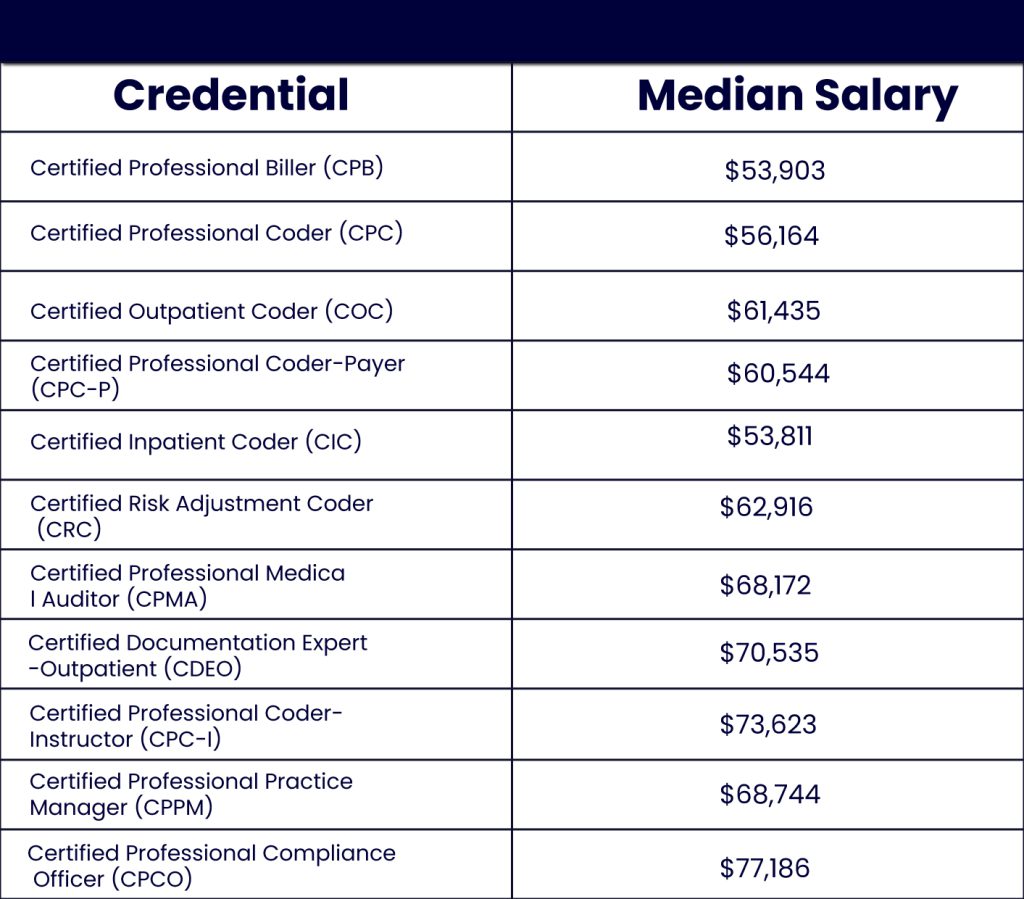
The healthcare industry, a cornerstone of societal well-being, faces an ongoing challenge: attracting and retaining skilled administrative professionals. Salaries for medical front office and billing staff, the unsung heroes who ensure the financial health of medical practices, are under intense scrutiny, prompting debate about fair compensation and workforce stability.
This article delves into the intricate landscape of medical front office and billing salaries. Examining current averages, regional variations, experience-based progressions, and the impact of certifications, it aims to provide a comprehensive overview. Ultimately, it explores the crucial role these professionals play and the imperative for competitive compensation to maintain a thriving healthcare ecosystem.
National Averages and Regional Disparities
According to recent data from the Bureau of Labor Statistics (BLS), the median annual wage for medical secretaries and administrative assistants in 2022 was $40,700. However, this national average masks significant regional variations.
States with higher costs of living, such as California, New York, and Massachusetts, typically offer higher salaries to compensate for the increased expenses. Conversely, states in the Southeast and Midwest may see lower average salaries, reflecting the relative cost of living in those areas.
“The geographic location plays a significant role in determining salary levels. Healthcare facilities in metropolitan areas often pay more to attract talent,”notes Sarah Miller, a healthcare management consultant.
Experience and Education: Key Salary Drivers
Experience is a major determinant of salary progression within the medical front office and billing field. Entry-level positions, such as medical receptionist, typically command lower salaries than roles requiring more specialized knowledge and experience, like medical billers or coders.
Earning certifications like the Certified Professional Coder (CPC) or Certified Medical Biller (CMB) can significantly boost earning potential. These credentials demonstrate a commitment to professional development and a specialized skillset that employers value.
The American Academy of Professional Coders (AAPC) reports that certified coders generally earn more than their non-certified counterparts. This is due to their demonstrated expertise in accurately assigning diagnostic and procedural codes, a critical aspect of revenue cycle management.
The Impact of Healthcare Setting
The type of healthcare setting also influences salary levels. Hospitals and large medical groups often offer more competitive salaries and benefits packages compared to smaller private practices.
This is often due to the larger scale of operations and the more complex billing processes involved in larger institutions. Specialized clinics, such as oncology or cardiology practices, may also offer higher salaries due to the specialized knowledge required to handle their billing procedures.
Smaller practices may face budget constraints that limit their ability to offer top-tier salaries, potentially leading to higher turnover rates and difficulty attracting experienced professionals.
The Future of Compensation: Addressing the Workforce Shortage
The healthcare industry is facing a growing shortage of qualified administrative professionals. This is partially driven by an aging workforce and increased demands on the healthcare system.
To combat this shortage, healthcare organizations are increasingly recognizing the need to offer competitive salaries and benefits packages. This includes not only higher base pay but also opportunities for professional development, flexible work arrangements, and comprehensive health insurance.
Some organizations are exploring innovative compensation models, such as performance-based bonuses and profit-sharing programs, to incentivize productivity and reward employee contributions. These strategies are aimed at not only attracting new talent but also retaining existing employees.
Balancing Efficiency and Employee Well-being
The push for efficiency in healthcare can sometimes put pressure on administrative staff. Workloads have increased, and the demands for accuracy and compliance are ever-growing.
It's crucial that healthcare organizations prioritize the well-being of their employees by providing adequate training, support, and resources. Investing in technology to streamline administrative tasks can also alleviate workload pressures and improve employee satisfaction.
Ultimately, a well-compensated and supported medical front office and billing team is essential for the financial health and operational efficiency of any healthcare organization. Failing to recognize their value can have detrimental consequences on patient care and the overall sustainability of the healthcare system.
As the healthcare landscape continues to evolve, understanding and addressing the compensation needs of medical front office and billing staff will be critical. This will ensure that the industry can attract and retain the skilled professionals needed to navigate the complexities of healthcare administration and deliver high-quality patient care.
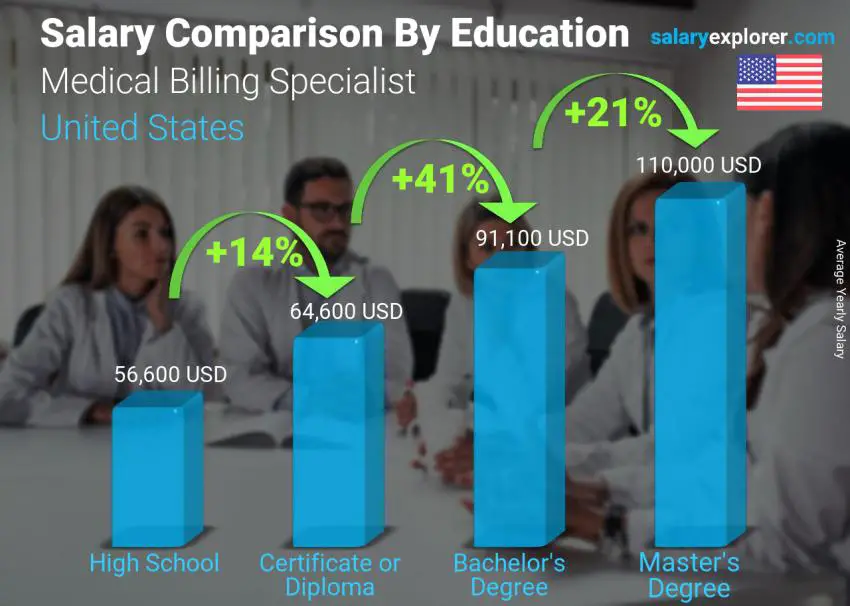
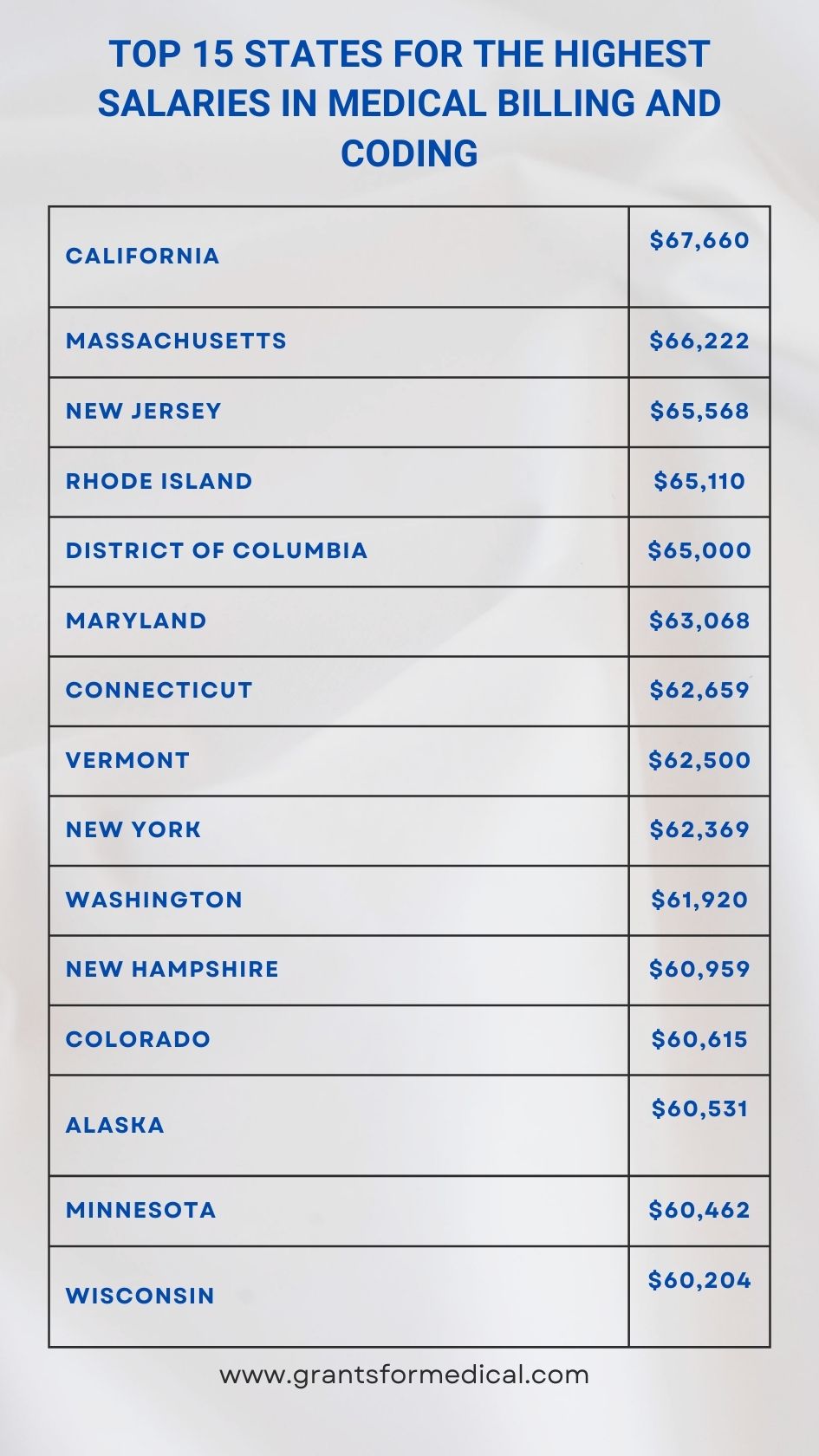
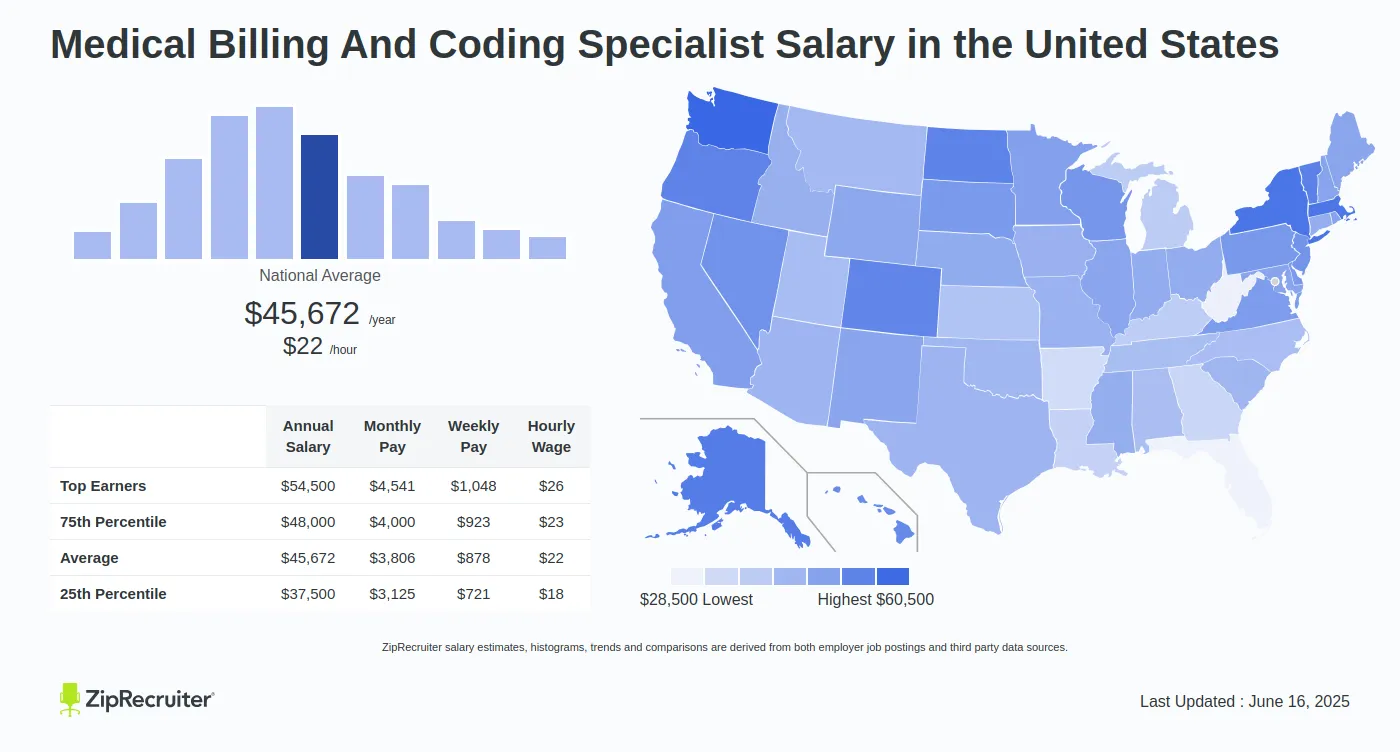





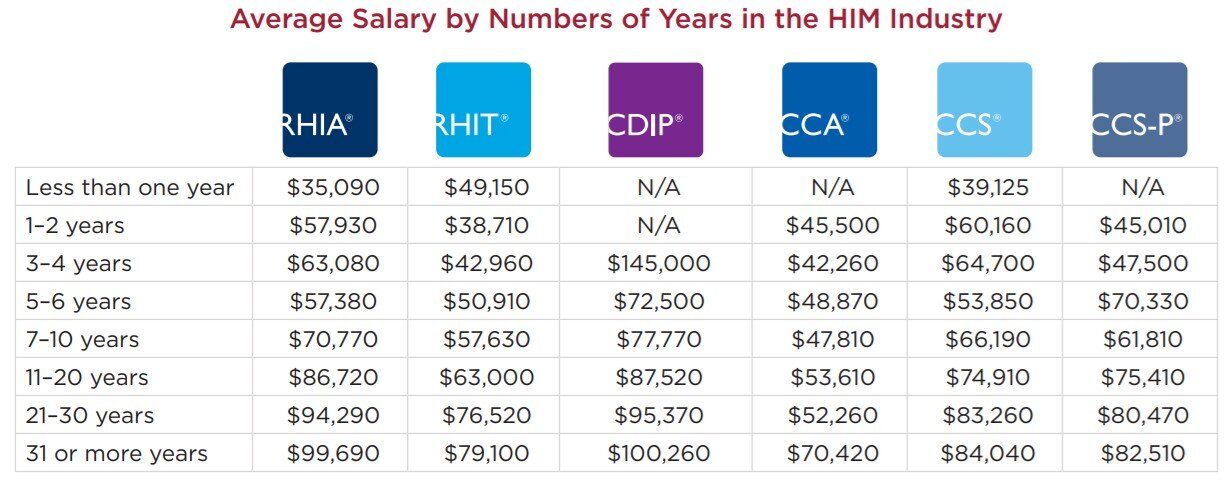

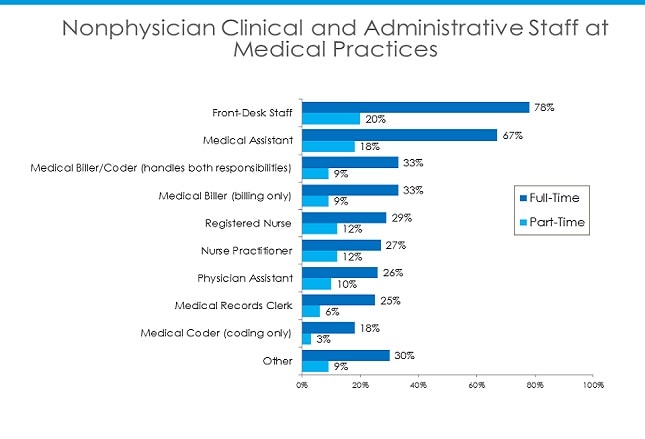



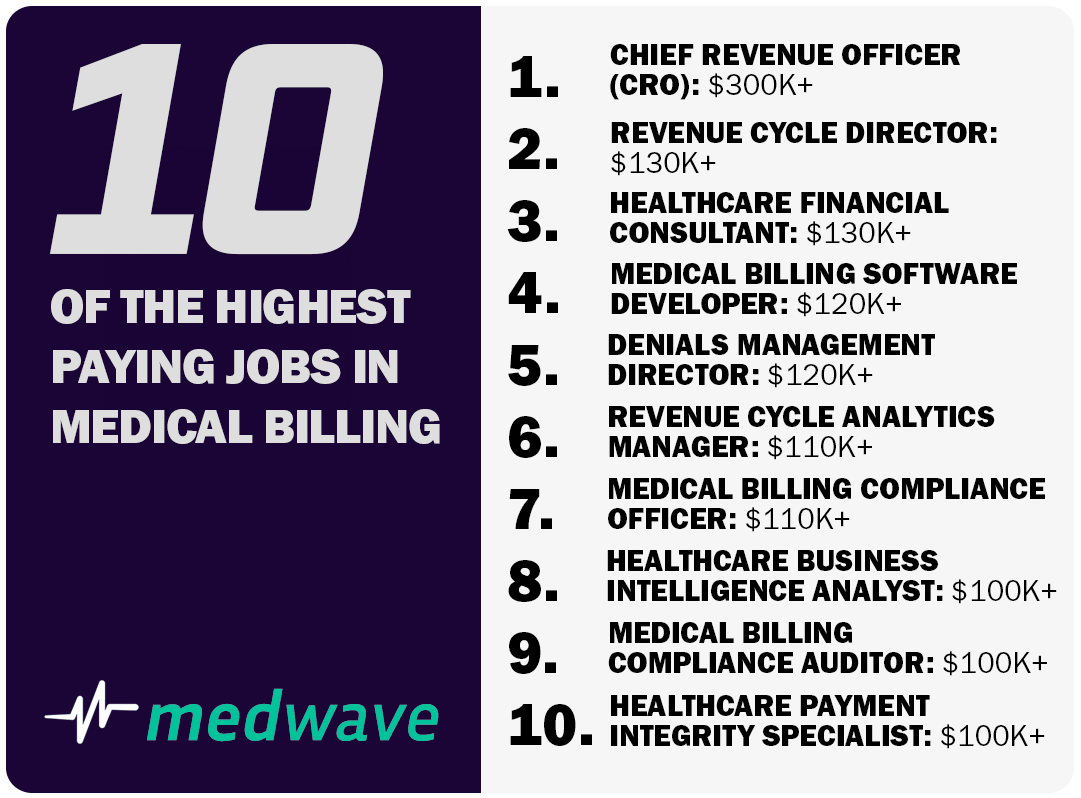
![Medical Front Office And Billing Salary Medical Assistant vs Medical Coding & Billing [Comparison Guide]](https://www.onlinedegree.com/wp-content/uploads/2023/05/Medical-Coding-and-Billing-vs-Medical-Assistant-700x611.png)


